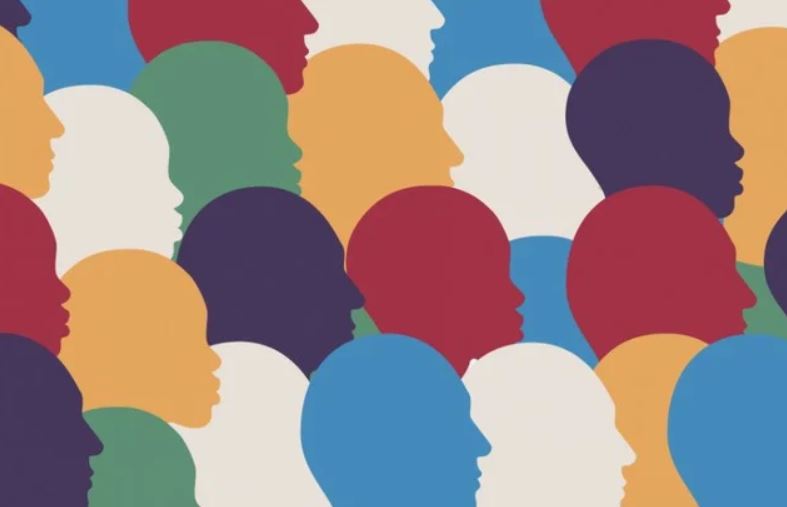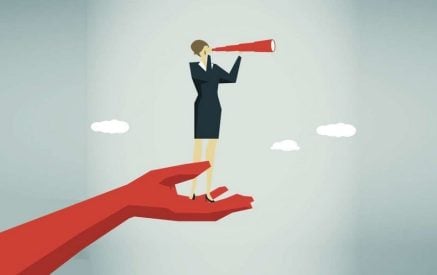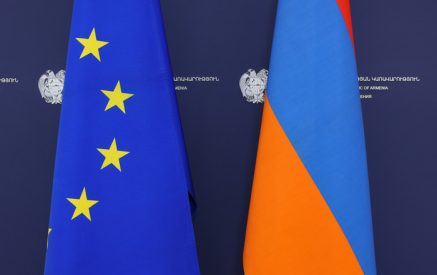It is, in fact, creating horizontal connections between people
The concept of civil society is distorted in our post-Soviet space. To some extent, this distortion has been contributed to by the policy of the West towards our countries. Accordingly, the concept has narrowed and is often understood as a group of NGOs (non-governmental organizations) that the West has used as a tool to fight Russian influence and, if possible, carry out “color” revolutions.
Here, of course, it’s easy to fall into the arms of conspiracy theories, seeing the hidden intentions of some dark forces in every episode. If you ask me, weakening the influence of Russia and even carrying out color revolutions are not negative phenomena at all. But all that has nothing to do with civil society.
Perhaps one of the first to talk about this phenomenon was the French thinker Alexis de Tocqueville, who I have already mentioned many times, who visited the USA in the 1830s and noted that there is no aristocracy in the European sense in that country, but, on the other hand, there also isn’t an absolutely ignorant and despised class.
Read also
Society is not organized vertically, top-down, but horizontally. Doctors protect their interests by uniting with other doctors, lawyers with lawyers, farmers with farmers, also creating banks and lobbying organizations, unions, charity structures. In the 1960s and 1970s century, American political scientists Almond and Verba summarized all these processes under the concept of “civic culture,” which they considered as one of the foundations of democracy.
Horizontal linkages balance interests. On the one hand, they block the arbitrariness of governments, and on the other hand, they do not allow the masses to “go off the coast.”
Maybe that is one of the reasons why similar violent events have not occurred since the American Civil War of 1861-1865. Authorities in totalitarian or authoritarian countries naturally have an interest in strengthening vertical ties and weakening or eliminating horizontal ties. It is legitimate that, for example, during the Stalinist era, handwriting was encouraged. Or giving up parents, children, siblings, because family is the oldest and strongest form of horizontal ties. Partly due to carrying the Stalinist legacy, partly also under the influence of Facebook’s unique “addresses,” real civil society in post-Soviet countries, particularly in Armenia, is developing slowly.
We do not encourage volunteer work, sincere, unadvertised charity, the desire to simply extend a hand to one’s neighbor, or social responsibility. And if there are such, then questions constantly arise as to what bad, selfish goals are hidden under them. If a young person, let’s say, decides to work on Sunday at, say, a nursing home, there will surely be suspicions on Facebook that they are either promoting themselves or collecting points to get into a Western university.
If any hotel or restaurant owner decides to pave not only the front of his facility, but also the surrounding streets with asphalt, then immediately suspicions will arise that he is going to become a deputy or a community leader. Or the latest, fresh example. A famous businessman moves to Artsakh, questions immediately arise: who sent him, who did he run away from? Thus, one of the prerequisites of a civil society is trust, a kind, compassionate attitude towards each other. It seems like some kind of lyric at first glance, but in fact it is, as it is customary to say, a matter of security.
Aram Abrahamyan
























































